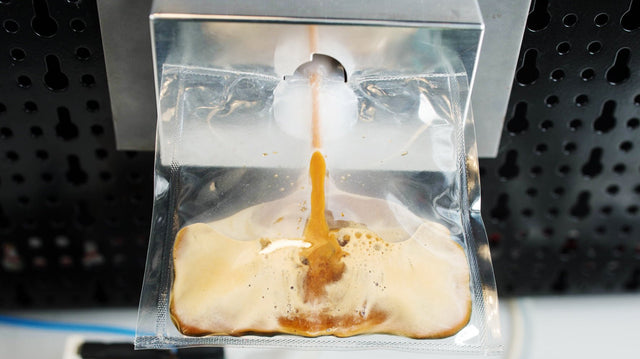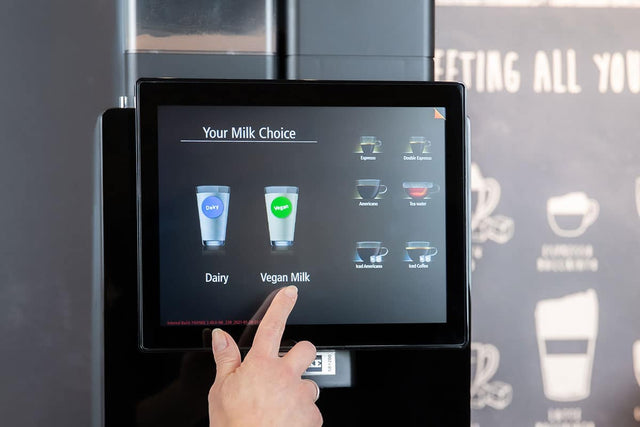In recent years, the world has seen a growing trend towards sustainability and eco-friendly practices in various industries. One sector that has embraced this is the coffee industry. From ethically sourced beans to renewable energy-powered roasters, coffee lovers and businesses alike are increasingly prioritizing sustainable practices in their quest for the perfect cup. This shift towards a greener future isn't just good for the environment; it's also capturing the hearts and minds of coffee aficionados worldwide.
Why is Sustainable Coffee so Popular?
The sustainable coffee movement is driven by several key factors. Firstly, there's the increasing awareness of climate change and the role that agriculture plays in it. As a result, consumers are becoming more conscious of their choices and the impact they have on the environment. Coffee, being one of the most widely consumed beverages globally, naturally falls under the scrutiny of environmentally conscious consumers.
One of the primary aspects of sustainable coffee production is the focus on ethically sourced beans. This involves ensuring that coffee farmers receive fair wages, working conditions are safe, and that the cultivation process adheres to environmentally-friendly guidelines. Organizations like Fair Trade International and Rainforest Alliance have emerged to certify coffee producers that meet these criteria, making it easier for consumers to choose sustainable options.
Another crucial element in the sustainable coffee movement is the push towards organic cultivation methods. Traditional coffee farming often relies on chemical fertilizers and pesticides, which can be harmful to the environment, local ecosystems, and human health. Organic coffee, on the other hand, is grown without synthetic chemicals and often employs techniques like shade-grown cultivation, which can benefit biodiversity and soil health.
How to Increase Coffee Sustainability
Beyond the beans themselves, coffee roasters and cafes are also taking steps to minimize their environmental footprint. Energy-efficient roasters, waste reduction measures, and eco-friendly packaging are becoming increasingly popular as businesses look to cater to environmentally conscious customers. Some innovative cafes have even started to embrace renewable energy sources, like solar panels and wind turbines, to power their operations.
The popularity of sustainable coffee can also be attributed to the fact that it often tastes better. Many coffee enthusiasts argue that beans grown using environmentally friendly and ethical practices result in a richer, more complex flavor profile. This quality improvement stems from the healthier soil, reduced use of chemicals, and the painstaking care that goes into cultivating these beans.
As the sustainable coffee movement gains momentum, it's not just the big players making a difference. Small-scale coffee shops and roasters are playing a crucial role in promoting and supporting eco-friendly practices. By sourcing beans from responsible producers, minimizing waste, and educating customers on the importance of sustainable coffee, these businesses are fostering a greener future—one cup at a time.
Conclusion
In conclusion, the rise of sustainable coffee is a testament to the power of informed consumer choices and the coffee industry's willingness to adapt. By embracing ethically sourced beans, organic cultivation methods, and eco-friendly practices, we are not only enjoying better-tasting coffee but also contributing to a healthier planet. As we continue to prioritize sustainability, both as individuals and businesses, the future of coffee looks brighter—and greener—than ever.
More stories

The History of Coffee in Space

